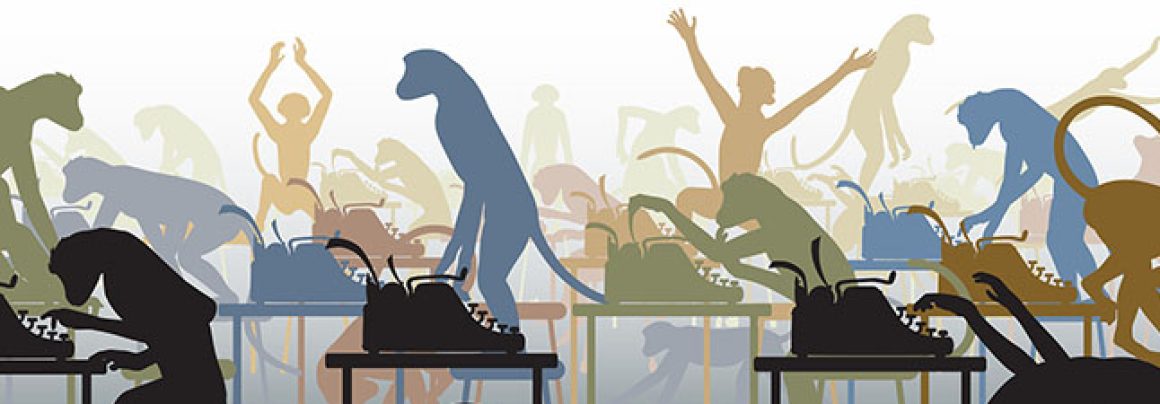NORMAL, Illinois. At the Amalgamated Hasp & Flange plant here, many employees aren’t clear exactly what it is that their employer makes. “I think it’s like a flywheel,” says Ellen DaPeri in the accounts payable department. “Either that or a shoelace nib.”

“Could you keep the typing noise down? I’m trying to take a nap.”
That lack of connection between workers and the products they make caused a team of management consultants to recommend that the company cut back the generous “telecommuting” policy it adopted during the COVID pandemic, which allowed employees to work from home to fit family schedules or for no good reason at all. “It had gotten out of hand,” says David Wernick, principal on the consulting team. “We found some of the employees had to stop at 7-11 and ask directions to the plant.”
“I don’t enjoy business travel, but it’s part of my job.”
Armand Deshays, a recently-hired COO, took that message to heart. “There’s a new sheriff in town,” he announced over the company’s public address system June 1st. “Starting Monday, I want everybody in here at 9 a.m., eyes bright and coats shiny, ready to go to work where I can see them.”
That edict didn’t sit well with long-term employees who had grown used to the benefits of telecommuting, including reduced gas expenditures, freedom to comb hairballs out of their cats’ fur during boring conference calls, and the ability to roll out of bed and work in their pajamas if they weren’t in the mood to get dressed up.

Sue Ellen: “How do you like them double negatives?”
“I’m sorry, but I’m more productive when I don’t have to get all dolled up,” says Sue Ellen Spinorkle, who was struck with the inspiration that touched off a revolution. “I checked the employee manual, and it didn’t say we couldn’t come to work in our pajamas,” she says, a sense of accomplishment on her face at successfully pulling off a double negative without contradicting herself.
So Monday morning found the usual cast of characters at the plant gates, but with many in pajamas, slippers, bath robes and curlers, causing company executives to call their labor lawyers in Chicago for guidance. “They said we couldn’t lock them out because we hadn’t made them a final offer,” notes Deshays. “On the other hand, they told us we didn’t have to give them nap time after lunch.”

“I’m not napping, this is just hyper-business casual dress.”
The two sides have reached an uneasy truce for now, with management sticking to its guns that the days of telecommuting are over while workers floss openly at their desks after lunch. “I don’t think anyone should mind if I dress in comfortable footie pj’s,” says Spinorkle. “I could do this job in my sleep anyway.”
